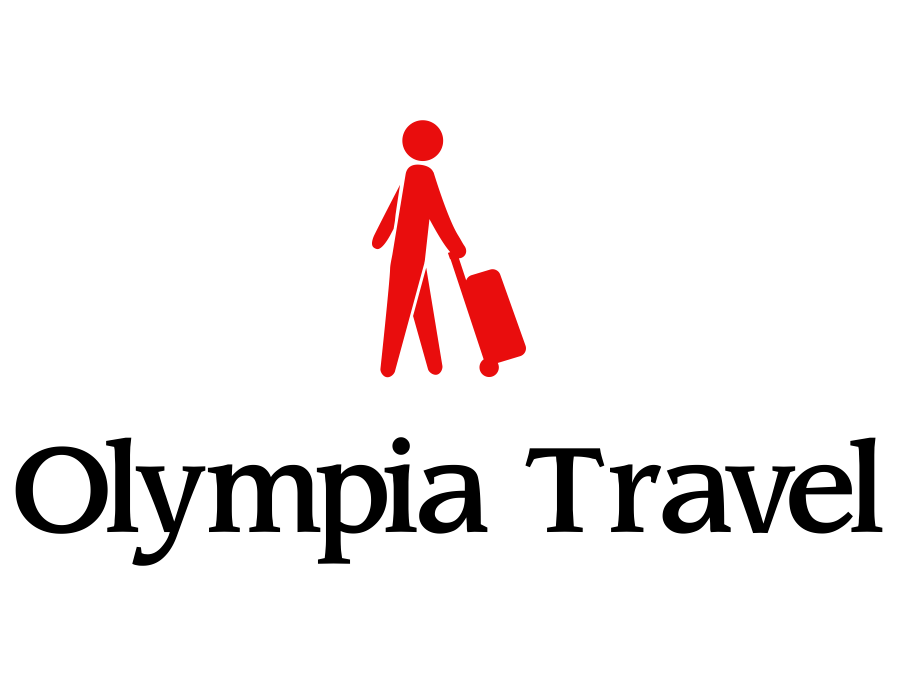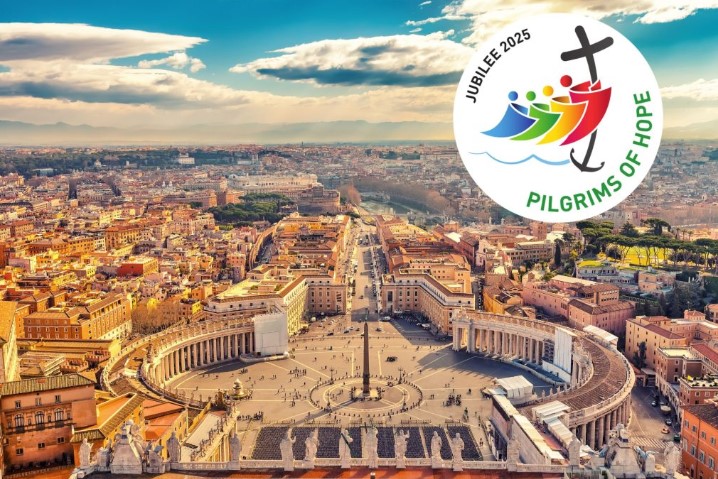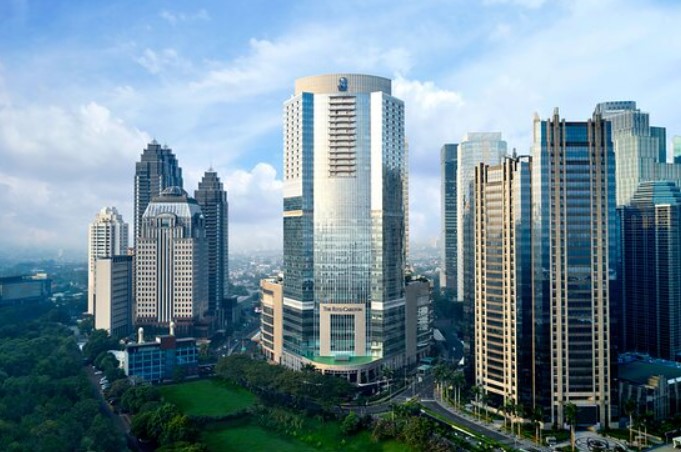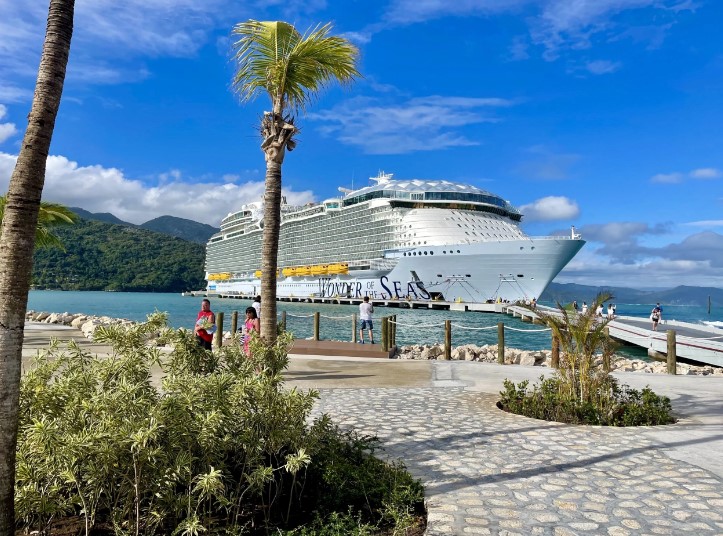How to find the heart of Music City without getting caught in ‘Nash Vegas’
So when I got off the bus in downtown Nashville this fall, I was still skeptical whether my weekend would feel like a tourist trap or an Americana adventure. It ended up being a little bit of both — in a good way.
In a three-day, two-night blitz, I explored the city’s evolving reputation by following advice from locals, drinking at beloved honky-tonks, learning about Nashville’s diverse history, exploring neighborhoods beyond Broadway and dining on more than the city’s famous hot chicken.
Between the abundance of live music of every genre and a restaurant scene that excites national food critics, “you can find your sweet spot,” said Nashville photographer and podcast host Jordan Adam Johnson.
What I learned: Anyone can have a good time in Nashville if they’re willing to look for it, even if you’re not into country music or a bride-to-be in a sash.
Figuring out where to stay may be the most challenging part of your trip. Nashville hotels, particularly in the downtown area, have gotten shockingly expensive, on par with rates you’d see in Manhattan. “Demand is what has driven it,” said Butch Spyridon, CEO of the Nashville Convention & Visitors Corporation.
It’s not just for the luxury properties, either. Ben Swank, who co-founded the indie record label Third Man Records, would once send visiting friends to a Best Western near their Nashville headquarters until recently. “It was a decent hotel for $80 a night,” he said. Now, it’s more like $250 a night on the weekends or $350 over holidays.
With just about all of the downtown hotels and motels out of my budget, I ended up in a small Airbnb for $150 a night in 12 South, a neighborhood that a friend from Nashville recommended. In hindsight, I would have stayed in her other recommendation, East Nashville — closer to more places I wanted to visit. I spent my weekend in city-crossing cab rides, calculating when and where to splurge while factoring in the cost of getting to and from places. Avoid that fate by determining where you’ll spend the most time and choosing accommodations accordingly.
Visitors should know that short-term rentals have been a pain point for the city and have also become easy targets of crime. But Spyridon believes that, with recent changes, such as Airbnb permanently banning parties, they’re now less of an issue. The key is trying to find responsible options, such as properties owned by locals.
Dig into Nashville history and culture
If you didn’t do your homework, you’d think Nashville history started and finished with country music. You’d only end up at the Country Music Hall of Fame and Museum, maybe the Johnny Cash Museum. You’d miss a lot.
For example, “a thousand years ago, there existed a vast ancient Native American city here where Nashville now sits,” said Albert Bender, a Cherokee activist, journalist and coordinator for the American Indian Coalition of Nashville. “Its population was estimated to be over 400,000, making it have the largest Native American Indigenous population in the entire southeast.”
Bender says the Native American Indian Association is fundraising to build a cultural center to celebrate Tennessee’s Native American heritage. For now, the best option in town to learn more about Nashville’s Indigenous roots is the Tennessee State Museum by Bicentennial Capitol Mall State Park. I went to the free museum and got a crash course in the state’s biodiversity, how Tennessee became a state, its Civil War and Reconstruction periods and its place in the civil rights movement. Joe Pagetta, the museum’s spokesperson, says many outsiders aren’t aware that the Trail of Tears went through Nashville or of the extent of the city’s civil rights history, citing the Freedom Rides and historic lunch counter sit-ins.
That history was also on display at the new 56,000-square-foot National Museum of African American Music (NMAAM), one of my favorite stops of the weekend. A visit starts in a dark theater, where an educational film introduces the roots of music in America, then you explore African American music and history further through state-of-the-art interactive exhibits.
Even though a college tour might not sound like a vacation activity, Katie Rainge-Briggs, NMAAM’s director of education and exhibition, always takes her visitors to see Nashville’s multiple HBCUs (historically Black colleges and universities), such as Meharry Medical College and Fisk University.
At Fisk in particular, Rainge-Briggs says the tour feels “more like a history tour.” Visitors learn about Jubilee Hall, built with funds raised by the Jubilee Singers, who are responsible for the city’s nickname “Music City,” and the racism students faced. “They have a bell in the middle of campus for when the KKK would ride through,” Rainge-Briggs said.
After a visit to Fisk, Rainge-Briggs takes out-of-towners to the Jefferson Street Sound Museum to learn more about the history of soul music and Tennessee State University, also an HBCU, for athletic events and where you “get to see Black Nashville come out,” she said.
A local told me that the way he spots tourists is by their bleeding feet. Visitors come to Nashville set on buying cowboy boots — when in Rome — not considering the blisters that come with walking around in a new pair.
If you are indeed a cowboy-boot person, by all means, buy some. (You’ll be in good company wearing them.) But just because you’re in Nashville doesn’t mean you have to dress like a country star. You can also pick up a souvenir that won’t sit untouched in the back of your closet, such as a bottle of Belle Meade Bourbon or a vintage poster from Hatch Show Print.
For me, it was splurging on a pair of custom-altered jeans from Imogene and Willie, a local brand a friend recommended. I also picked up a pair of very cheap, over-the-top rhinestone earrings from a secondhand shop. Both now remind me of Nashville fondly with every wear.
Go beyond Broadway for music and nightlife
Broadway is Nashville’s equivalent of Bourbon Street, Times Square or the Vegas Strip. The city’s tourism board calls it the “Broadway Historic District,” but it’s also a major street that runs through downtown. Lower Broadway is the most recognizable part, where you’ll find dozens of bars, shops and restaurants, as well as music and packs of tourists. But you’ll still run into locals.
A solid night for Folk and Rolf and Daughters chef Philip Krajeck involves seeing a show downtown at the legendary Ryman Auditorium, the “Mother Church of Country Music,” then heading to the venue’s back alley, which runs behind Lower Broadway. There you’ll find Robert’s Western World and its famous bologna sandwich.
When his friends visit, Nicholas Schurman, owner of the underground art, music and event space Soft Junk, takes them to Broadway “to endure the craziness for a moment.” Pop your head in any door, and you’ll find a live band playing. “These are real working musicians, and the more people that are downtown doing their thing, they still have a job,” he said.
Schurman’s only issue with the area is when people mistake it for the city’s entire essence. “Nashville is a couple layers deeper,” he said. “If you care to see what’s below the surface, there’s a lot there to discover.”
Off Broadway, you can see punk, ’80s synth-funk, indie, alt, rap and hardcore musicians, or stand-up comedy, in places such as Soft Junk and Drkmttr in East Nashville, or Third Man Records’ Blue Room in the Gulch neighborhood.
Or out to Music Valley — the neighborhood once home to the Opryland theme park — where Schurman loves a strip mall off McGavock Pike with “a couple of weird honky-tonks,” such as Nashville Palace and Scoreboard. “Those are my hangouts,” he said. “It’s a lot of these older musicians that perform at the Grand Ole Opry. This is where they stay sharp.”
“Nashville is a couple layers deeper,” Schurman said. “If you care to see what’s below the surface, there’s a lot there to discover.”
During my visit, I went to East Nashville to see an indie band and two country-leaning openers at the Basement East. At Robert’s, I saw the Timbo and Lonesome Country band while enjoying a Recession Special: a bologna sandwich, a bag of chips and a MoonPie for $6 and a $2.50 Miller High Life. I finished the weekend at the Station Inn for its regular Sunday-night bluegrass jam session, a glorious display of overalls, banjos and fiddles.
Don’t wait in line for food
Nashville spent the past 10 years becoming one of America’s best food cities, and every local I talked to was proud of the development.
“It felt like most people just considered us a place for country music, and now I think they think of us as a place for incredible dining,” Pagetta said, listing the city’s recent slew of restaurant accolades, such as earning two spots on the New York Times’s 50 best restaurants list with Audrey and Locust.
They’re even proud of the food I thought would be considered touristy, such as Nashville hot chicken. Rainge-Briggs assured me otherwise. “When folks come, I always take them to Prince’s, because this is the original chicken recipe,” she said. “It is not cheesy.”
But visitors often get stuck in massive lines to try the food Nashville is famous for (such as that hot chicken or biscuits). Here’s the secret: You don’t have to. Even if you’re trying to go to some of the big-name spots, chances are they have a less-crowded location where the line isn’t snaking down the block.
After crowdsourcing for advice on where to eat and reviewing our By The Way City Guide to Nashville, I left town full and happy — and never had to queue down a block. I had life-changing ribs at Arnold’s Country Kitchen. I heard about Nashville-native chef Julia Sullivan’s take on regional cuisine, so I had brunch at her lovely restaurant, Henrietta Red. Locals and visitors alike raved about Krajeck’s Rolf and Daughters, so I went for housemade pasta. On the recommendation of a music venue bouncer, I had a deeply satisfying late-night burger at the dive bar Dino’s.
If you don’t talk to locals, you can miss out on Nashville’s layers. You’d miss Swank’s recommendation to visit the Frist Art Museum and Cë Gallery, an art studio where you might find karaoke on one night and an exhibition on Afrofuturism the next. You wouldn’t get Johnson’s tip to eat soul food at Silver Sands Cafe, or Krajeck’s insistence you make it to Honky Tonk Tuesday Nights at the American Legion.
My favorite meal might have been breakfast at Monell’s, but not for the food. It’s an all-you-can-eat Southern restaurant where diners are put at communal tables and encouraged to talk to each other. Food is served family-style: big bowls of fried chicken, corn pudding, hot biscuits and cheese grits.
It was a seamless way to plonk down next to locals and learn about the city. Everyone at my table was from Nashville and worked at Tennessee State University, most in the school’s sports medicine department, grabbing a bite to eat before the homecoming football game that afternoon. They told me about how they’ve seen the city change.
Between the party buses and crowds, “downtown isn’t for us anymore,” one woman said. But even though they “wouldn’t be caught dead” going to Broadway, they weren’t mad at the tourism boom. “A rising tide lifts all boats,” one man said.
Schurman says that, if he were coming to the city for the first time, “I would try to mingle and get to know some of the people,” he said. He enjoys being a Nashville ambassador to newcomers. “As an entertainer myself, as a creative person, I want people to come here and love being here.”







More Stories
How To Beat the Eid Travel Rush
Get The Facts: Money-saving travel tips
Expert travel tips for planning a family summer vacation